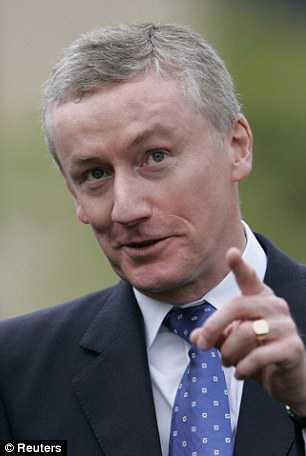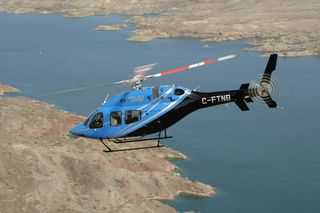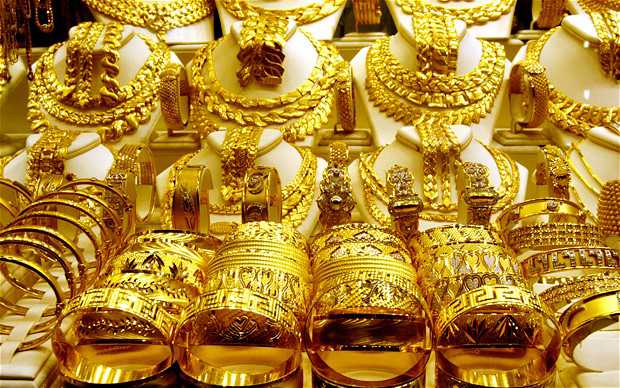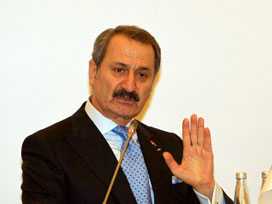New criminal offence of ‘corporate negligence’ could punish financiers
By GLEN OWEN

Growing public outrage over the severe damage caused by the banking crisis has prompted the Chancellor to prepare a new criminal offence of ‘corporate negligence’ to punish reckless financiers.
The move comes just days before the annual City bonus season, which is expected to bring another round of bumper payouts despite the sluggish UK economy and families suffering a historic squeeze on household finances.
All three main parties are now competing to offer the most hardline policies on tackling ‘fat cats’, after their internal polling revealed the scale of voters’ fury at the level of executive pay.
Under the plan, being worked on behind the scenes at the Treasury, legislation would be introduced to prosecute any boss of a ‘systemically important financial institution’ whose actions had a significantly damaging effect on the wider economy.
The plan would mean that the chief executives of the big five banks: Bob Diamond at Barclays, Antonio Horta-Osorio at Lloyds TSB, Stuart Gulliver at HSBC, Ana Botin at Santander and Sir Fred’s successor at RBS, Stephen Hester – would all be at risk of imprisonment if they ‘crashed’ the banks and damaged the economy through their actions.
The move follows widespread fury that Sir Fred, who presided over the collapse of RBS, escaped serious censure for his actions and even walked away with a multi-million-pound pension deal.
Last night a Treasury source confirmed that new legislation was being worked on, but warned that a number of legal difficulties first had to be ironed out.
The source said that the Bank of England and City regulator the Financial Services Authority (FSA) were being consulted to ensure that directors would face ‘appropriate penalties’ if they behaved improperly.
The plan will be set out in greater detail later this week by Tory MP Matthew Hancock, Mr Osborne’s former chief of staff, who has regular discussions with the Chancellor. Mr Hancock will make a keynote speech in which he will attack current City regulations for ‘rewarding failure’ by incompetent bankers.
And he will say that reckless bankers should be jailed, in the same way as reckless doctors and drivers can already be prosecuted.
He will tell the Policy Exchange think-tank: ‘Those who put our big banks at risk . . . should be held to account, just as with those who destroy property or endanger the health of their fellow citizens.
‘Sir Fred Goodwin broke one of Britain’s biggest banks, yet walked away with a huge pension. I want to see a law which makes it possible to prosecute executives for serious financial recklessness.
‘I would hope such legislation would never have to be used. But the shadow of prosecution will concentrate minds of those entrusted with institutions of vital national importance. Our goal must be to make executives think harder about the consequences of their actions, and change the culture of finance so it is safer for us all.’
An FSA report into the RBS fiasco, published last month, placed the blame for the bank’s ill-judged acquisitions – which left it with unsustainable debts – on Sir Fred’s ‘robust’ management style, but did not find grounds for disciplinary action against him under existing rules.
The Government’s £45.5 billion rescue in 2008 left the State owning more than 80 per cent of the bank. The taxpayer is currently nursing a £25 billion loss on the deal while Sir Fred, nicknamed ‘Fred the Shred’, enjoys a £342,500-a-year persion.
FSA chairman Adair Turner said in the report: ‘The fact that no individual has been found legally responsible for the failure begs the question: if action cannot be taken under existing rules, should not the rules be changed for the future?’
The FSA says that ‘systemically important’ businesses are those whose collapse would ‘impair the provision of credit and financial services to the market with significant negative consequences for the real economy’. Although the big five banks would be the main target of the legislation, the definition means large investment banks or insurance companies could also be caught.
The legal test would be whether a ‘reasonable man’ would conclude that executives were negligent or grossly negligent in their conduct. Mr Hancock said: ‘The aim would be to strengthen existing corporate negligence provisions to deal directly with negligence at the helm of a systemically important institution.’
Angela Knight, chief executive of the British Bankers’ Association, said: ‘We would need to carefully consider an issue as complex as this before making any comment. But generally, decisions about executive pay and City regulation should not be made on the hoof, and people should not be prosecuted for making a bad judgment.’
Jonathan Pickworth, a corporate law expert at law firm Dechert, said: ‘The first problem would be defining which institutions would be covered. If you are talking about individual criminal liability, you need to establish guilt beyond reasonable doubt. And when you are talking about the possible deprivation of someone’s liberty, that would be a pretty drastic step to take.’
The battle to appear tough on executive pay intensified this weekend, with all three main party leaders on the attack on ‘irresponsible capitalism’. David Cameron is today expected to step up his rhetoric against high pay, declaring that he is determined to tackle ‘rewards at the top’ that are not commensurate with success. But behind the scenes he is at loggerheads with Lib Dem Business Secretary Vince Cable’s support for a plan to give employees a seat on committees which decide executives’ pay.
Labour also attempted to seize the initiative yesterday, with Shadow business spokesman Chuka Umunna calling for ‘responsible capitalism’ and Labour leader Ed Miliband saying David Cameron could either curb excessive boardroom salaries or ‘drag his feet, wring his hands and fiddle at the margins like he has before on these issues’.
www.dailymail.co.uk, 7 January 2012





